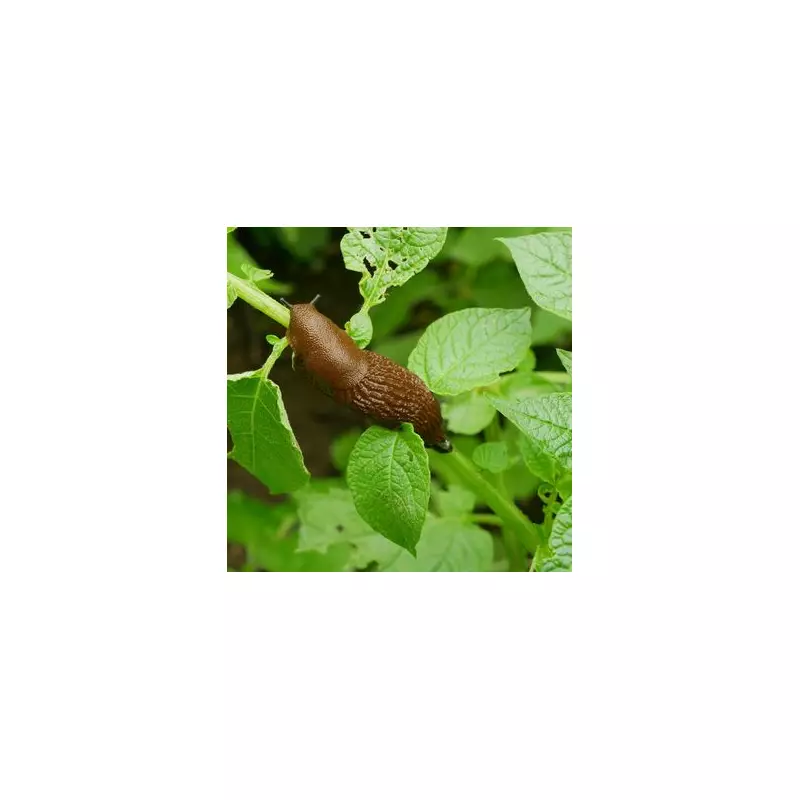
Gardeners across the UK are waging a nightly war against one of their most persistent foes: the slimy, leaf-munching slug. While beer traps and pellets are common tactics, a far more natural and elegant solution might be growing right under your nose.
Horticultural experts have revealed that certain plants possess a secret power—they act as nature's own deterrents, creating a slug-free zone to protect your prized blooms and vegetables.
The One Plant Slugs Despise
The ultimate weapon in this garden battle is the Roman Wormwood (Artemisia pontica). This aromatic herb, with its delicate, silvery-green foliage, is more than just a pretty face. It emits a potent scent that slugs and snails find utterly repulsive, effectively creating a protective barrier around your flowerbeds.
Planting Roman Wormwood strategically around the perimeter of your garden or near vulnerable plants is like building a natural fortress. Its strong fragrance masks the scent of your more delicious plants, confusing pests and sending them in the opposite direction.
Why It's a Gardener's Best Friend
This natural repellent offers a multitude of benefits for the modern gardener:
- Chemical-Free: It provides an eco-friendly alternative to pesticides, safeguarding wildlife, pets, and children.
- Low Maintenance: Once established, it's a hardy and drought-resistant plant that thrives with minimal care.
- Versatile: Beyond pest control, its feathery leaves add beautiful texture and a silver hue to garden borders.
Other Plants That Keep Slugs Away
While Roman Wormwood is a top contender, you can build a defensive army with other slug-resistant plants. Consider adding these to your borders:
- Lavender: Its strong, calming scent for us is a major turn-off for slugs.
- Rosemary: This tough, aromatic herb is rarely touched by common garden pests.
- Geraniums: Their slightly fuzzy leaves and distinctive smell are unappealing to slugs.
By incorporating these plants into your garden's design, you're not just planting for beauty—you're implementing a smart, sustainable strategy for natural pest control. It’s time to ditch the harsh chemicals and work with nature, not against it.





